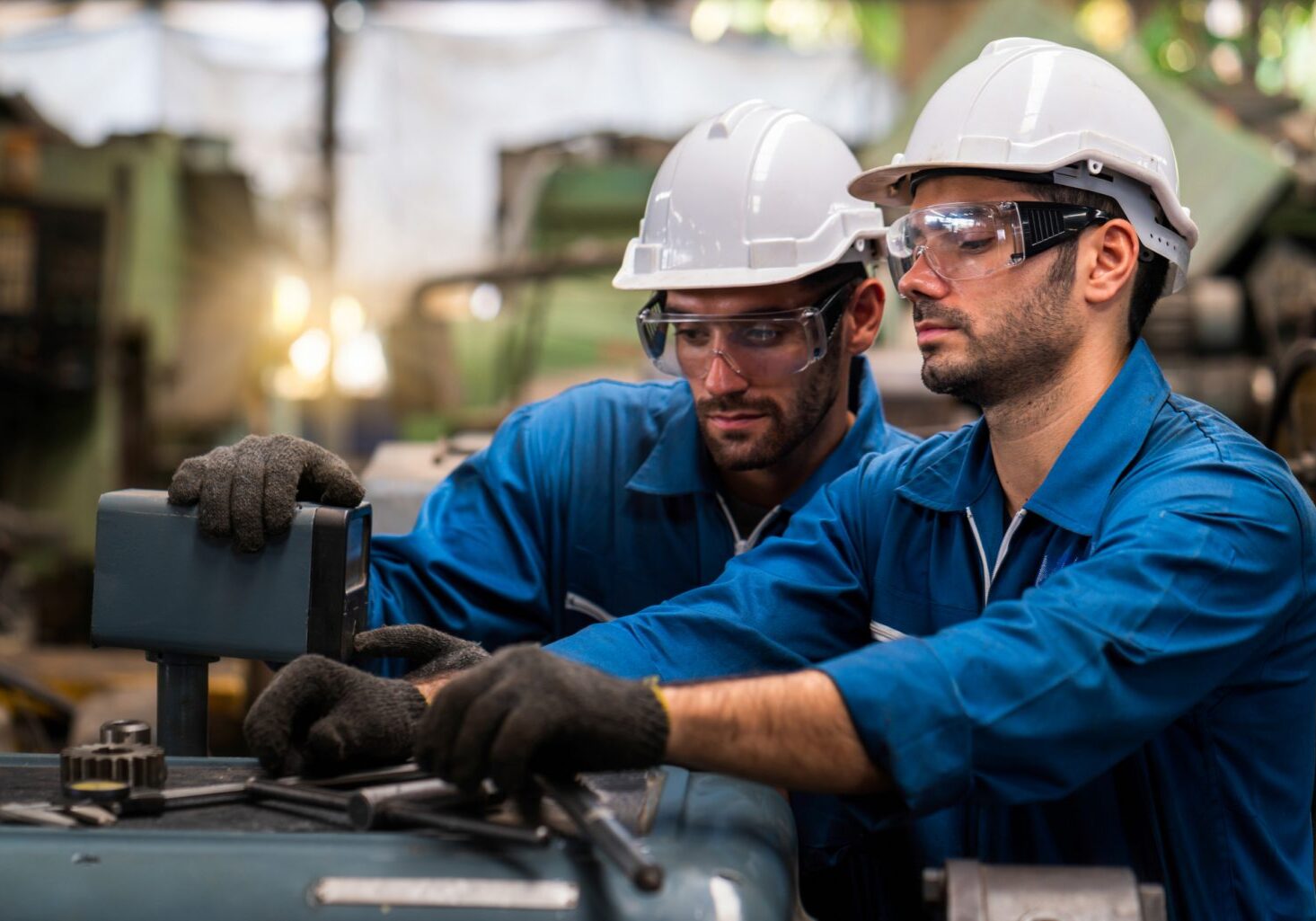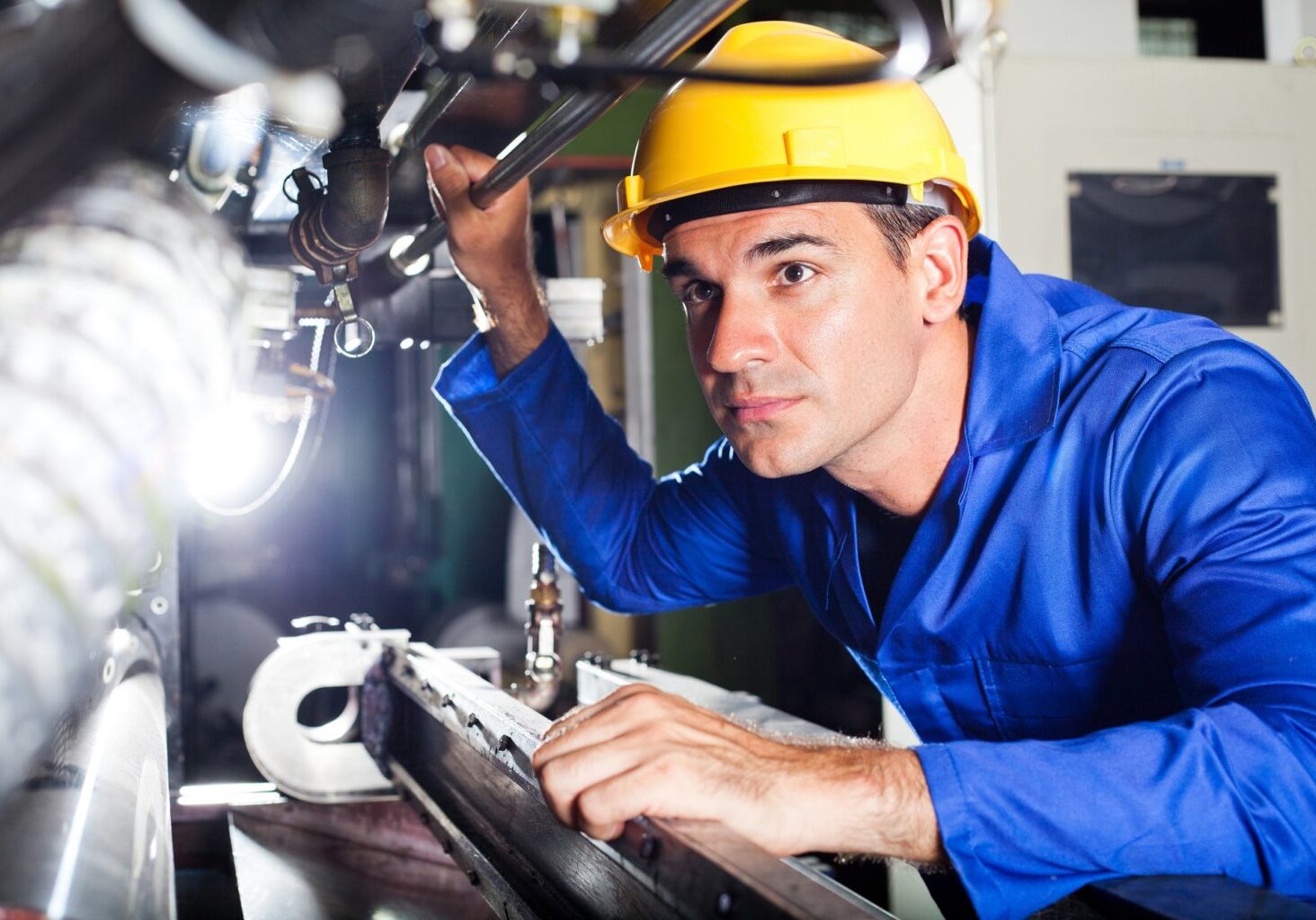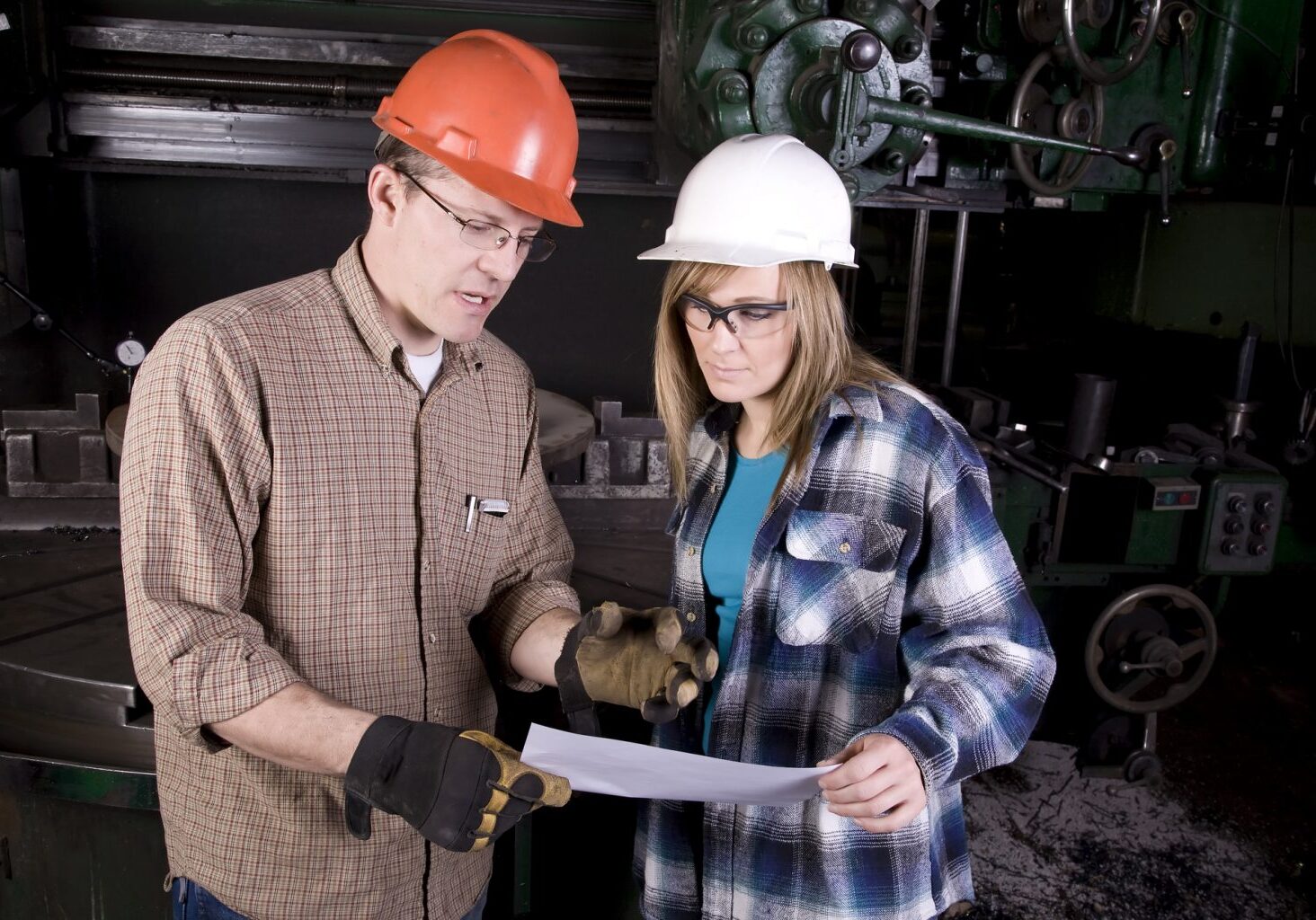Should you Upgrade or Replace Legacy Equipment?
The landscape of industry has changed a great deal, even over the past few years. New technology promises better outcomes that are worth the cost of new equipment. Your legacy equipment may be working just fine, even after its allotted usual lifespan. Or it may be showing signs of aging. But is the investment really worth the outcome? As rotating equipment experts, we will share a guide on whether you should upgrade or replace legacy equipment.
How Do I Know When to Replace Legacy Rotating Equipment?
Legacy equipment gets its name because it has stood the test of time. It serves your current process, you know this equipment, and may even have a sentimental attachment to it. But here are a few things to consider that could justify the cost to replace it.
- More and more common breakdowns – No piece of equipment is perfect, but just like a car, equipment tends to break down more at the end of its useful lifespan. At some times, a repair or refurbish is necessary. However, you must take into consideration what the cost of the next big breakdown will be, including lost production.
- Diminishing support – Your new equipment usually comes with great support, warranties, and spare parts are plentiful. But as it ages, so does the ease and cost of dealing with all of this. As time goes by you will be on your own when it comes to your legacy equipment.
- Lack of talent – Your new hires will most likely have to be trained on your legacy equipment as your current talent retires and new workers come on board. This includes operations, programming, maintenance, and others.
- Security risks – As hackers, malware, and other similar threats progress, your equipment can be in more and more danger. Additionally, your programmers will have to take more and more action to keep your equipment secure.
- Lack of performance – As your equipment ages, it can take more resources to keep it functioning within ideal parameters. In fact, just the extra power usage alone can justify the need to replace legacy equipment.
How Do I Know When to Keep Legacy Rotating Equipment?
On the other hand, there are scenarios in which you would best be served by keeping your legacy equipment. A few scenarios include:
- The ability to still meet your needs. Your equipment may still perform as you need it to. In fact, a new system may not be able to effectively tackle your processes. And even your legacy system can be upgraded with current tech to improve its performance in some cases.
- Acceptable risk – All systems come with risk, even those under warranty. You know your legacy equipment and may have several or hundreds of the same model in use right now. Past data and predictive data can be used to estimate how long it can perform within acceptable parameters.
- Your process is limited – Your legacy equipment may be in use for a process you are phasing out or changing entirely. In this case, it is most likely you will keep your legacy equipment as long as possible in order to meet or exceed your soon to be gone process.
Houston Dynamic Supply Can Help You Decide if You Should Upgrade or Replace Legacy Equipment
Our team has the expertise to help you determine if you should replace or upgrade your legacy equipment. We can do so by performing all sorts of inspections and diagnostic testing on your rotating equipment. We also have in-house capabilities for your critical equipment repairs and rebuilds. Contact the team at HDS today to speak with our experts.
Share this post:



